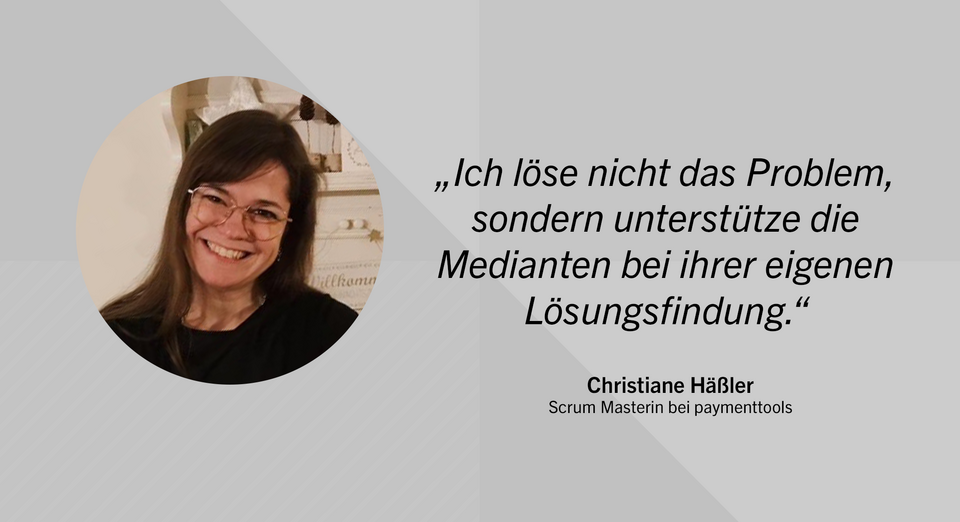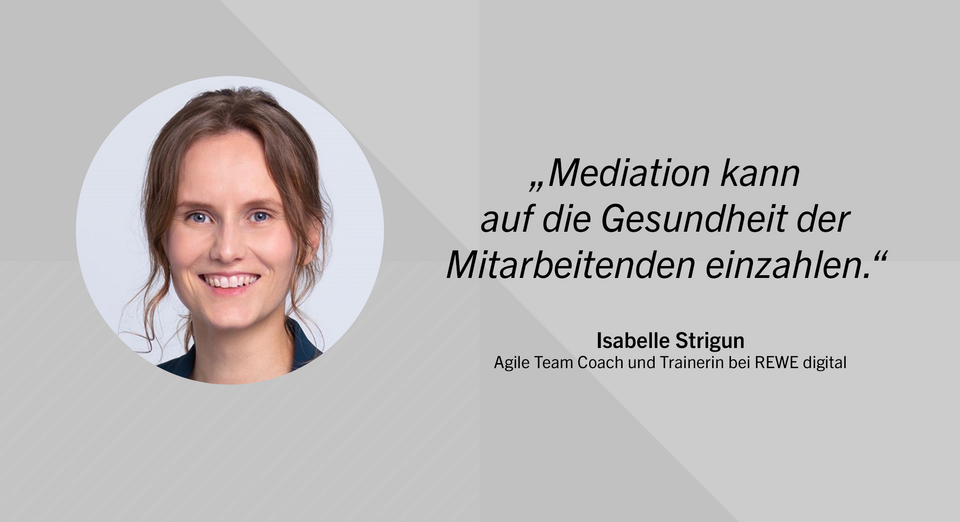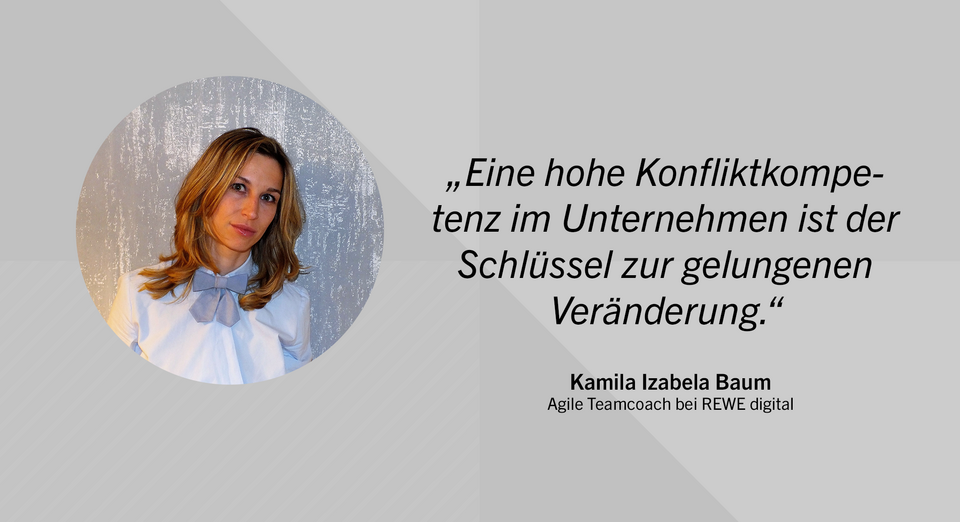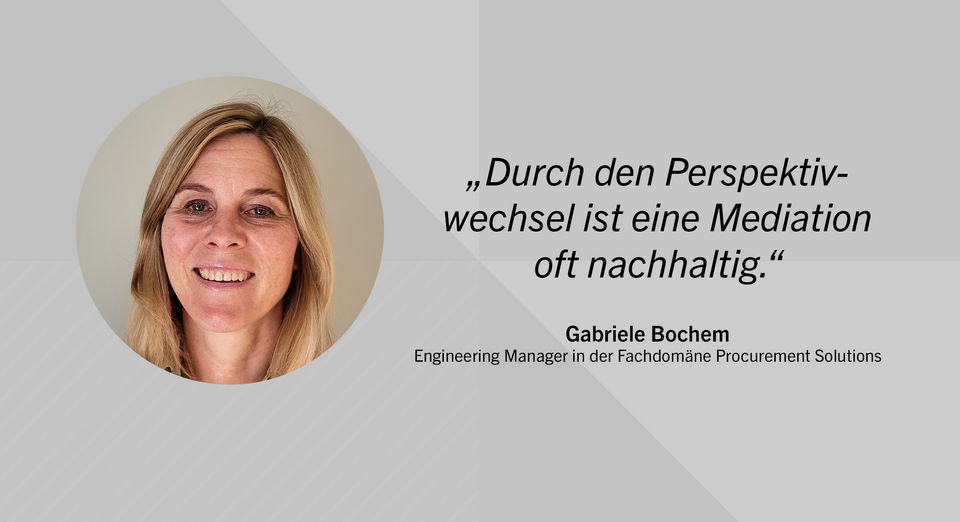
More and more companies are turning to mediation to settle disputes. Five colleagues from REWE Group have trained as mediators and would now like to contribute their expertise to the new network for mediators. A real win-win situation - for both companies and employees.
Differences of opinion, disagreements, arguments - wherever people come together, there is always potential for conflict. However, if an ongoing dispute develops in the workplace, this has long-term consequences for both employees and the company. Employees who resign are neither motivated nor productive.
To prevent this from happening in the first place, mediation is often used as a successful method of conflict resolution. A new network for REWE Group employees is to serve as a contact point for those affected. Gabriele Bochem, Kathleen Lenny Fenger, Christiane Häßler, Isabelle Strigun and Kamila Izabela Baum want to set this up. They have trained as certified mediators - partly in their free time and partly in a professional context.
"As a first step, we want to set up a network to find more mediators in the REWE Group and exchange experiences. We also want to offer an intervision and supervision group. We want to be a point of contact for affected employees in the event of a conflict," explains Gabriele Bochem.
„Mediation is a confidential and structured process in which parties voluntarily and independently endeavour to reach an amicable settlement of their conflict with the help of one or more mediators.“ From the Mediation Act (2012)
Thanks to their training, the five have the expertise to help the conflicting parties find their own solutions. Because this point is crucial: "A mediator promotes communication between the disputing parties. As a mediator, I don't solve the problem, but the parties are their own solution finders and I support them in doing so," Christiane Häßler clarifies.
This approach requires a number of prerequisites in order for mediation to be constructive. The Bundesverband Mediation e.V. (Federal Association of Mediation), based in Berlin, has defined basic principles that can be regarded as guiding principles for the successful implementation of mediation. The mediator should be an independent and neutral person with no decision-making authority who is equally committed to all parties. The parties involved must be willing to communicate and be solution-orientated.

Reasons for mediation in a professional environment can be, for example
Disagreements in teams or with superiors
Labour law conflicts
Intercultural conflicts
Conflicts with suppliers, sales partners, subcontractors, customers or authorities
Difficulties with company succession


















